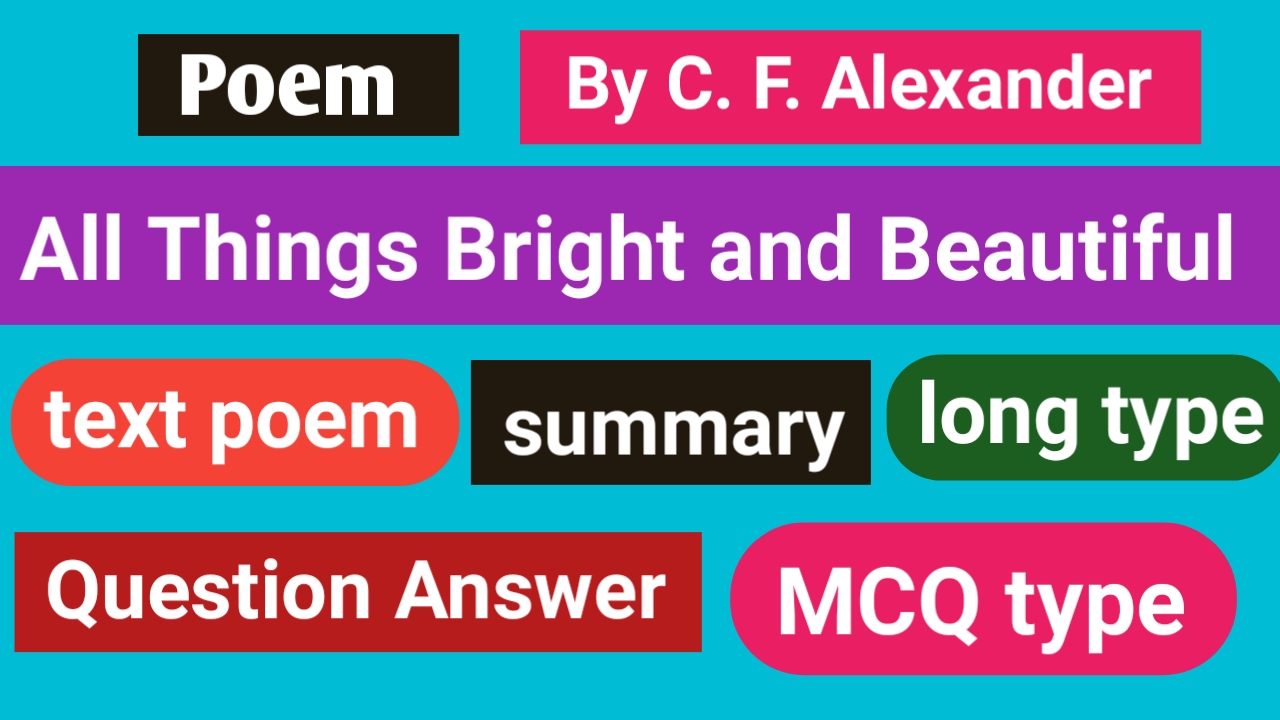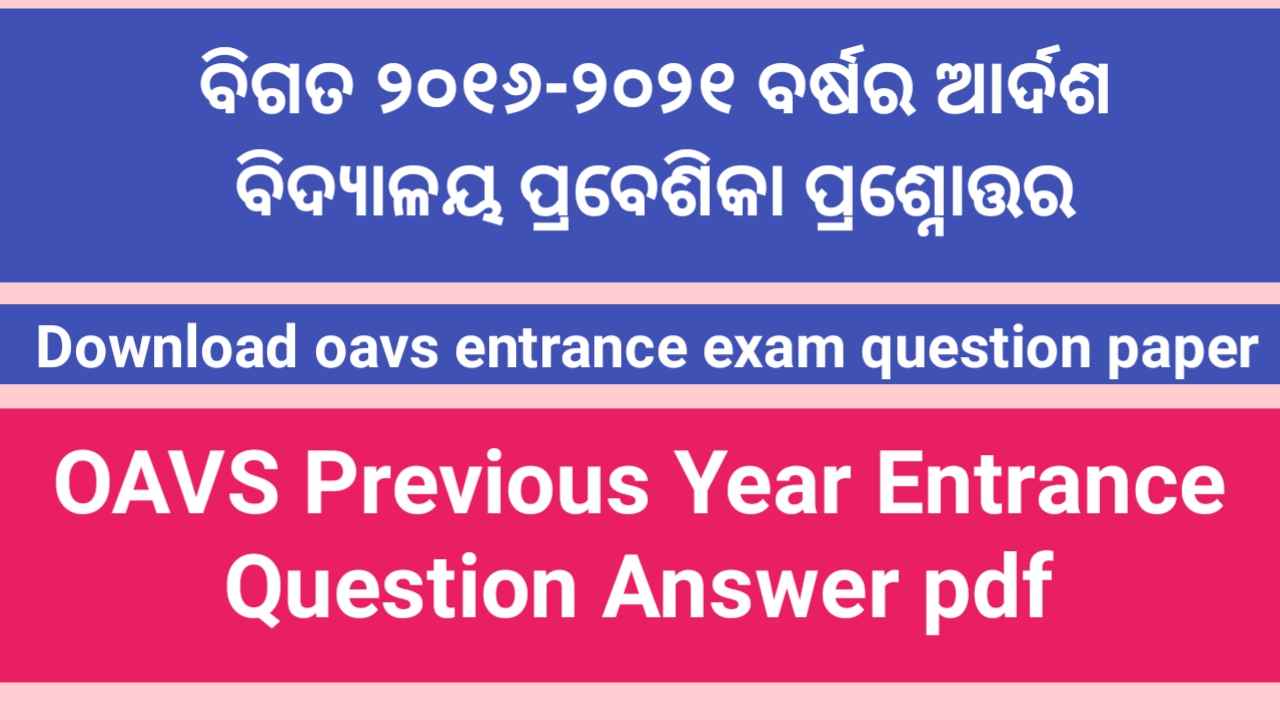Educational Psychology MCQ Question Answer Notes pdf Plus Two CHSE
- Educational psychologists assist a teacher to give an insight about the nature of the child.
- To enlighten the teacher with the growth and development of the child's developmental process.
- It helps the teacher in finding ways and means of social adjustment ment for the child.
- Study of the psychological method of investigation is used in the field of educational psychology.
- It helps to control the emotions of the child and emotional development.
- It imparts knowledge about the principles and methods of learning.
- It helps to understand the social problems of the children.
- It helps to plan the education of children to their age, ability and aptitude.
- Imparting knowledge to the teacher about the latest problem in education, latest development in the field of education in the field of child psychology and various methods of teaching.
- Helping the teaching in solving the problems that may arise in the classroom.
- Positive science.
- It is an applied science.
- Social science.
- A practical science.
- A growing and developing science.
- An academic discipline.
- Human behaviour.
- Growth and development.
- Learning process.
- Heredity and environment.
- Intelligence.
- Individual differences.
- The learning situation.
Educational Psychology MCQ Question Answer
Question.1. What is psychology ?
(A) Science of behaviour
(B) Beastly behaviour
(C) Psychology
(D) Organism science
Answer is (A) Science of behaviour
Question. 2. From which word psychology is derived ?
(A) Latin
(B) Greek
(C) Germany
(D) European
Answer is. (B) Greek
Question. 3. Meaning of soul is ______.
(A) body
(B) mind
(C) soul
(D) science
Answer is. (C) soul
Question. 4. How psychology constitutes ?
(A) Psyche and science
(B) Science and logos
(C) Psyche and Logos
(D) Germany and English
Answer is. (c) Psyche and Logos
Question. 5. The latest definition of psychology is _____
(A) Science of soul
(B) Science of consciousness
(C) Science of mind
(D) Science of behaviour
Answer is. (D) Science of behaviour
Question. 6. First definition of psychology is _______
(A) Science of mind
(B) Science of soul
(C) Science of behaviour
(D) Science of consciousness
Answer is. (B) Science of soul
Question. 7. Psychology is the sentence of activities in relation to environment who told this ?
(A) Mac Douglas
(B) Woodworth
(C) Skinner
(D) Tro
Answer is. (b) Woodworth
Question. 8. What is a growth ?
(A) Change in size, weight, height
(B) Change of behaviour
(C) Reconstruction of behaviour
(D) All round development
Answer is. (A) Change in size, weight, height
Question. 9. What is the Meaning of development ?
(A) Social development
(B) Work ability
(C) Physical growth
(D) Moral development
Answer is. (B) work ability
Question. 10. Growth of a child starts ______
(A) From birth
(B) From death
(C) From conception
(D) After 13 years
Answer is. (A) From birth
Question. 11. What is the first stage of development ?
(A) infancy
(B) Childhood
(C) Puberty
(D) Adult
Answer is. (A) infancy
Question. 12. What is the time for pre birth ?
(A) 10 months 10 days
(B) 9 months 10 days
(C) 8 months 8 days
(D) 9 months 9 days
Answer is. (B) 9 months 10 days
Question. 13. Late childhood ends _______
(A) at 15 years
(B) at 12 years
(C) at 18 years.
(D) at 10 years
Answer is. (B) at 12 tears
Question. 14. How many pairs are the chromosomes ?
(A) 22 pairs
(B) 12 pairs
(C) 23 pairs
(D) 24 pairs
Answer is. (C) 23 pairs
Question. 15. When the child starts to walk ?
(A) 8 month
(B) 6 month
(C) 10 month
(D) 15 month
Answer is. (D) 15 month
Question. 16. The average weight of the child at birth is _____
(A) 2 to 3 pound
(B) 3 to 4 pound
(C) 5 to 6 pound
(D) 7 to 8 pound
Answer is. (D) 7 to 8 pound
Question. 17. Hurlock divided how many parts of the life of man ?
(A) 4
(B) 6
(C) 5
(D) 3
Answer is. (B) 6 parts
Question. 18. When the memory becomes sharp of a child?
(A) Infancy
(B) Pre-childhood
(C) Late childhood
(D) Puberty
Answer is. (B) Pre-childhood
Question. 19. When the child recognises the mother ?
(A) 2 months
(B) 3 months
(C) 6 months
(D) 4 months
Answer is . (C) 6 moths
Question. 20. A social activity in late childhood stage is ______
(A) Play
(B) Friendship
(C) Social service
(D) Nobody
Answer is. (C) social service
Question. 21. The nearest social environment for the child is ______
(A) school
(B) peer groups
(C) home
(D) market
Answer is. (C) home
Question. 22. To whom the child likes the most ?
(A) own mother
(B) own father
(C) own brother
(D) own grand mother
Answer is. (A) own mother
Question. 23. Which is a favourable emotion ?
(A) love
(B) pleasure
(C) fear
(D) jealous
Answer is. (A) love
Question. 24. Why the child cries ?
(A) pains
(B) pleasure
(C) fear
(D) jealous
Answer is. (A) pains
Question. 25. Which is a unfavorable emotion ?
(A) love
(B) pleasure
(C) anger
(D) jealousy
Answer is. (C) anger
Question. 26. What we call the application of psychology with education?
(A) Educational philosophy
(B) Sociology
(C) Physiology
(D) Educational psychology
Answer is. (D) Educational psychology
Question.27. Why educational psychology called a real science ?
(A) It shows the science of behaviour
(B) It shows the real behaviour
(C) Behaviour may be real
(D) Behaviour shows the unreal
Answer is. (B) It shows the utility of educational psychology ?
Question. 28. Which is not the utility of educational psychology ?
(A) Study of the innate endowment
(B) Study of individual difference,
(C) Study of the society.
(D) To study the mental health
Answer is. (C) Study of the society
Question. 29. The age-range of infancy is ______
(A) 6 months
(B) birth to 3 years
(C) birth to 2 years
(D) conception to 2 years
Answer is. (C) birth to 2 years
Question. 30. In which age the mental development becomes extreme of a person ?
(A) 6 years
(B) 12 years
(C) 19 years
(D) 20 years
Answer is. (D) 20 years
Question. 31. When the child starts to talk ?
(A) In 10 month
(B) In 1 year
(C)In 18 month
(D) In 2 years
Answer is. (D) In 2 years
Fill in the blanks with the correct word of answer.
(A) Greek word logos means ______
Answer. Greek word logos means Science
(B) Growth is _____
Answer. Growth is structural
(C) The average height of the child at birth is _____
Answer. The average height of the child at birth is 19 to 20 inch.
(D) Growth and development is performed by _______ and ______.
Answer. Growth and development is performed by heredity and environment.
(E) Language development is ________
Answer. Language development is mental development.
(F) ______ is curiosity emotion.
Answer. Astonishment is curiosity emotion.
(G) The characteristic of anger is _______
Answer. The characteristic of anger is crying.
(H) The child learns social qualities by ______.
Answer. The child learns social qualities by imitation.
(I) At ____ age the child seeks playmate.
Answer. At 5 years age the child seeks playmate.
(J) The two major emotions of children are _____ and _____.
Answer. The two major emotions of children are love and fear.
(K) To control of emotions _______ method of training is needed.
Answer. To control of emotions liberalisation method of training is needed.




Comments
Post a Comment